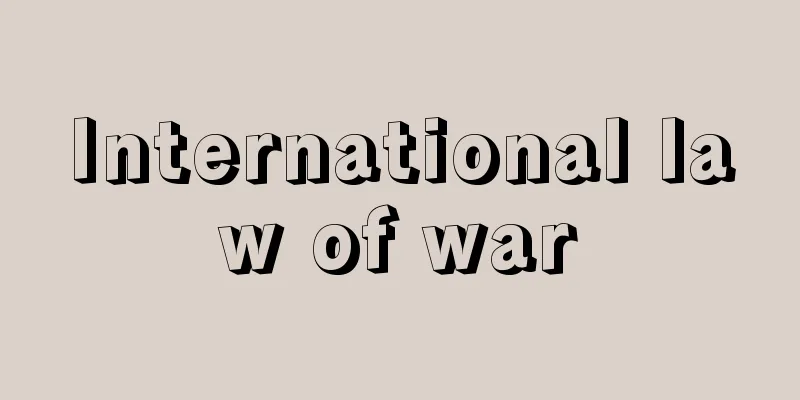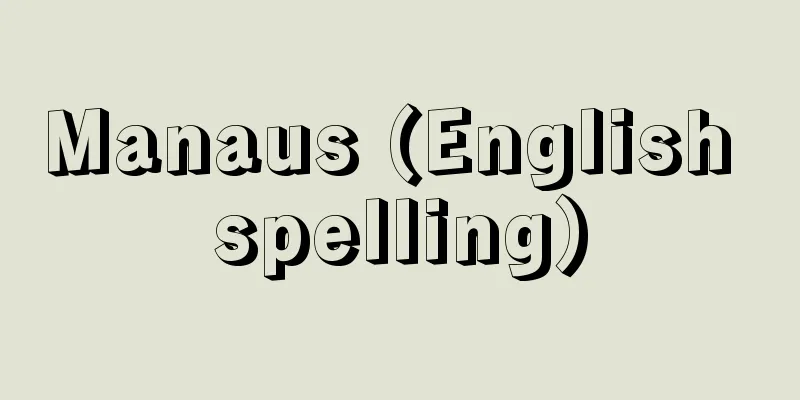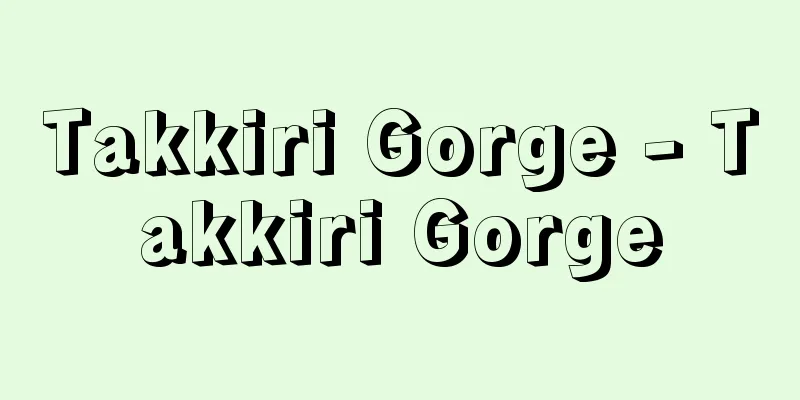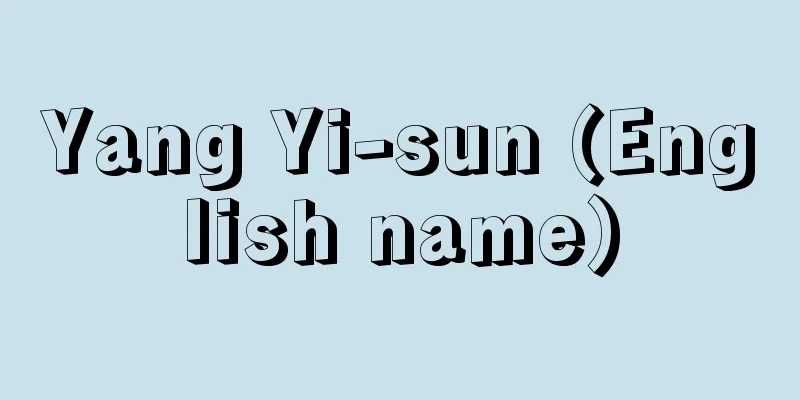International law of war

|
Traditionally, international law has been considered to consist of international law in peacetime and international law in wartime. In response to the freedom of war, a special international law different from that in peacetime was considered to be applicable in wartime. It began to develop in the Middle Ages, and a large part of it was codified in treaty at the Hague Peace Conference in 1907. International law in wartime consists of the laws of warfare and the laws of neutrality. While the laws of warfare regulate the relations between belligerent nations, the laws of neutrality regulate the relations between belligerent nations and neutral nations. In recent years, war itself has been prohibited under international law, so it is questionable whether the traditional international law in wartime is still applicable today. In particular, the laws of neutrality have almost lost their application in their typical form since World War I. In contrast, the laws of warfare, which include the qualifications to engage in war, the treatment of prisoners of war and wounded soldiers, the protection of cultural property, the elimination of indiscriminate attacks, and the prohibition of certain weapons such as poison gas, are now becoming more important than ever. The 1949 Geneva Conventions and their Additional Protocols of 1977 are the most prominent international legislation on this subject. [Yasuo Ishimoto] [Reference] |Source: Shogakukan Encyclopedia Nipponica About Encyclopedia Nipponica Information | Legend |
|
伝統的に国際法は平時国際法と戦時国際法とからなるものとされてきた。戦争が自由に行われたのと対応して、戦時には平時と異なる特殊な国際法が妥当するものとされた。中世から発達を始め、1907年のハーグ平和会議で、かなりの部分が条約化された。戦時国際法は交戦法規と中立法規からなる。交戦法規が交戦国相互の間の関係を規律するのに対し、中立法規は交戦国と中立国の関係を規律する。最近では戦争そのものが国際法上で禁止されているから、従来の戦時国際法がそのまま現在でも妥当するかは問題である。とくに中立法規は第一次世界大戦以来、ほとんど典型的な形では適用される場を失っている。それに反して、交戦資格、捕虜や傷病兵の待遇、文化財の保護、無差別攻撃の排除、毒ガスなど特定兵器の禁止を含む交戦法規は現在いっそう重要性を増している。1949年のジュネーブ諸条約や77年の追加議定書は、それに関するもっとも顕著な国際立法である。 [石本泰雄] [参照項目] |出典 小学館 日本大百科全書(ニッポニカ)日本大百科全書(ニッポニカ)について 情報 | 凡例 |
Recommend
Battle of the Onikiribe
…A powerful clan leader in Mutsu Province during ...
Pentagon Papers
In modern times, the critical function of journal...
Epidendrum radicans (English spelling)
…[Koichi Ejiri]. … *Some of the terminology that ...
Conseil d'État (English spelling)
The highest administrative judicial and advisory b...
Halloween
The eve of All Saints' Day (November 1st). In ...
Felicitas Julia
… [history] Lisbon is said to have originated as ...
Abendmusik - Abendmusik
…In 1668 he became organist at the St. Mary's...
Horseback archery and three other weapons
→ Dog Hunting/Kasakake/Yabusame Source : Heibonsha...
Otto III
980‐1002 The fourth Saxon king of Germany. Reigned...
Boy Hans - Shounen Hans (English spelling) kleiner Hans
The name of a boy who appears in S. Freud's ca...
Career Services - Career Services
…a system that guarantees public service as a lif...
Grimm's Law
The German linguist and narrator Jacob Grimm esta...
duplication
… [Chromosomal Mutation] Originally, this term re...
Giraffe - giraffe (English spelling)
An animal of the order Giraffidae, order Artiodac...
Catalan - Catalunyaha
…Islamic art Meanwhile, in the Christian world, w...









